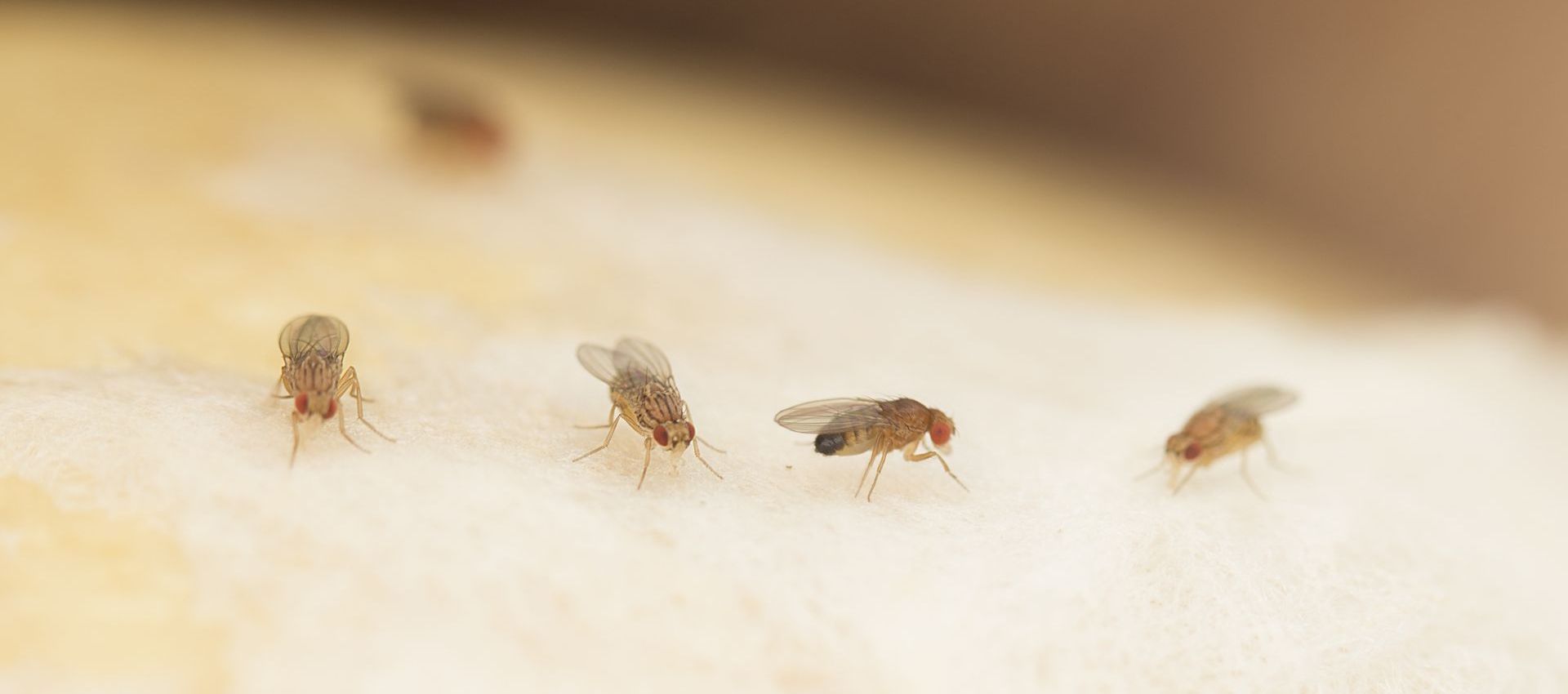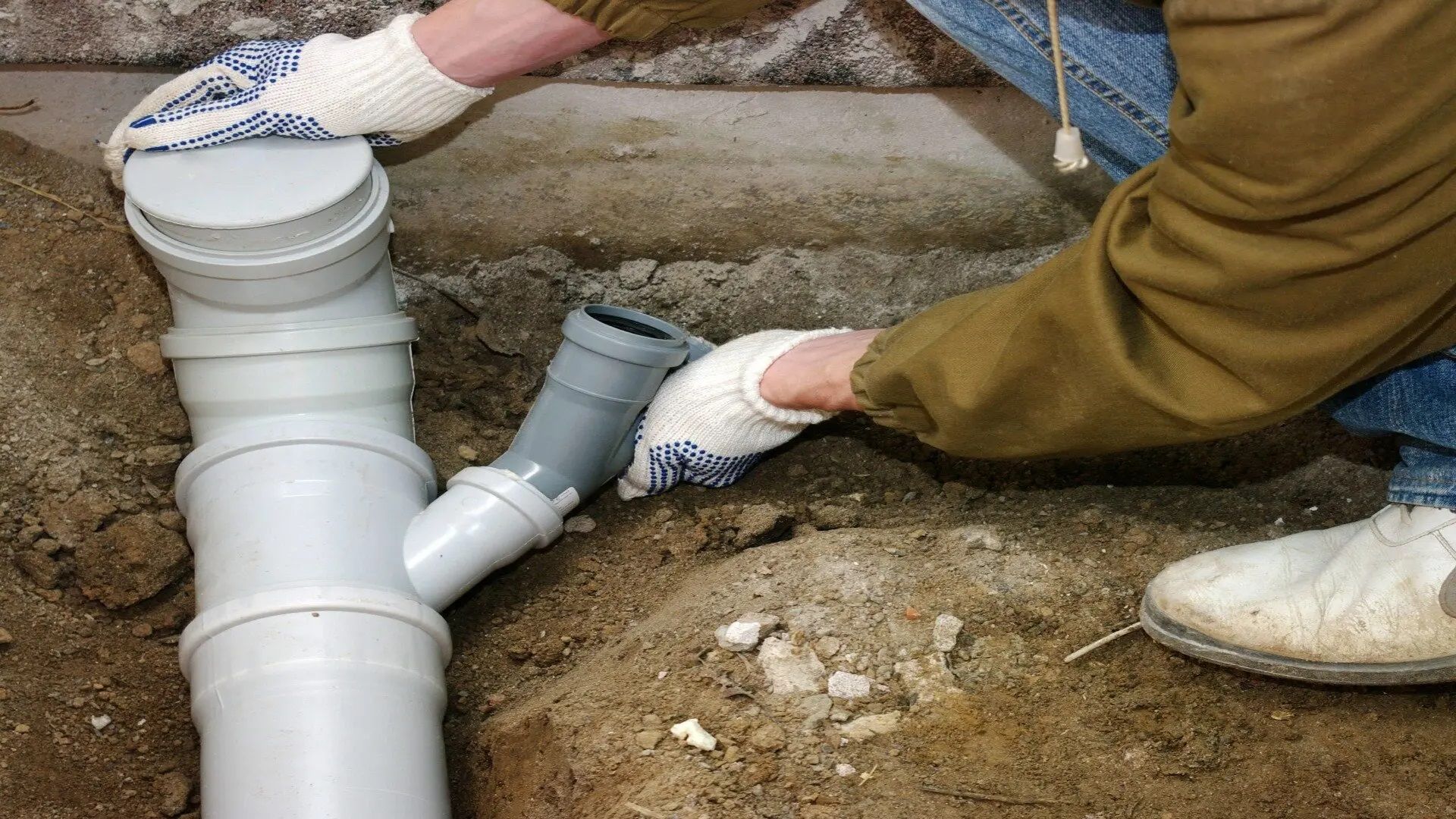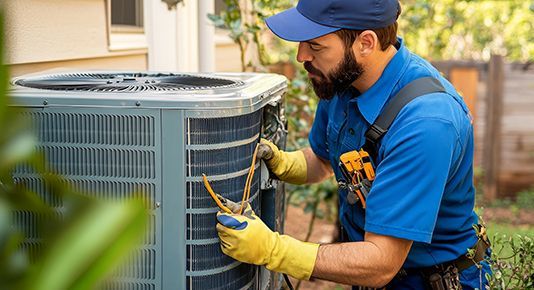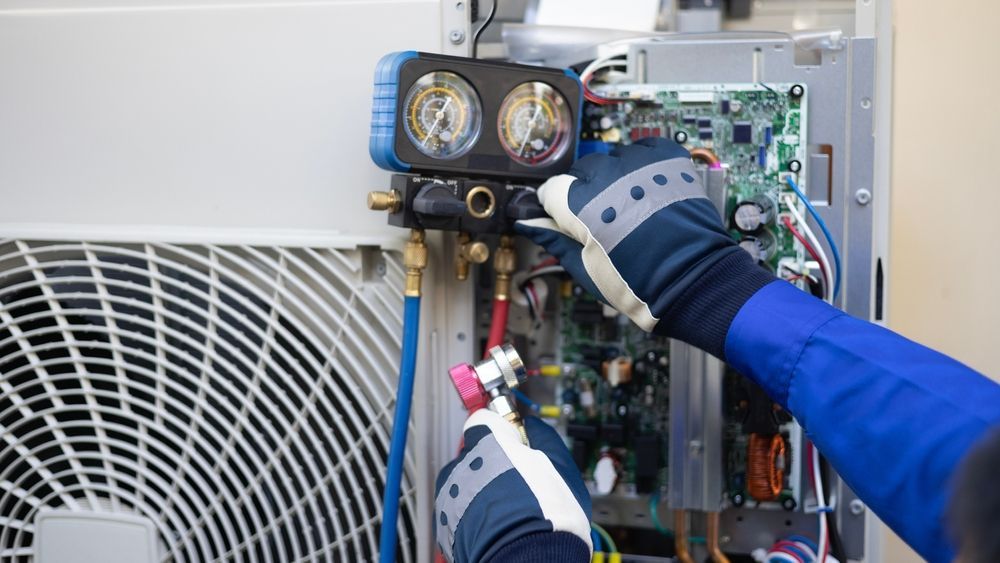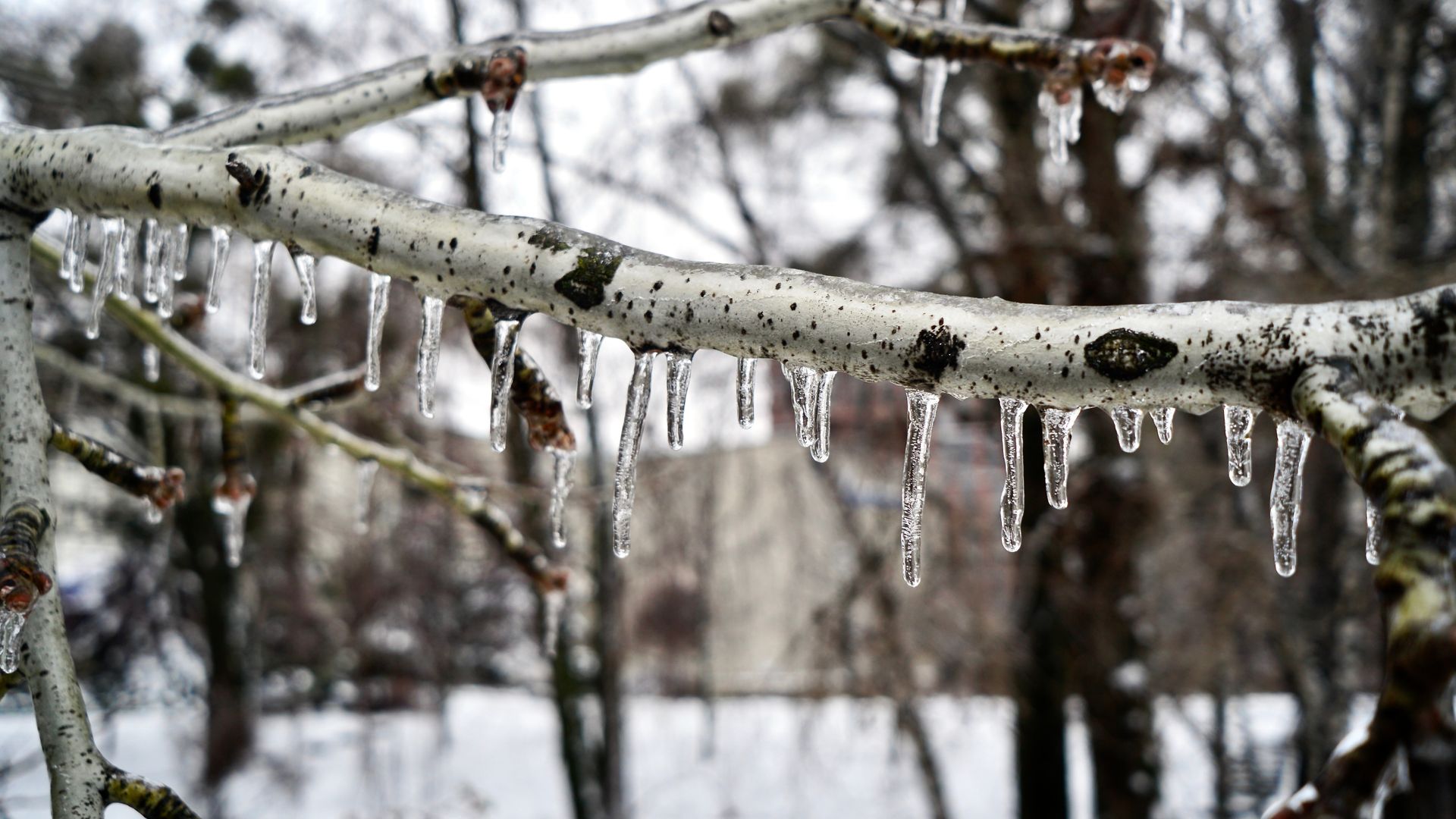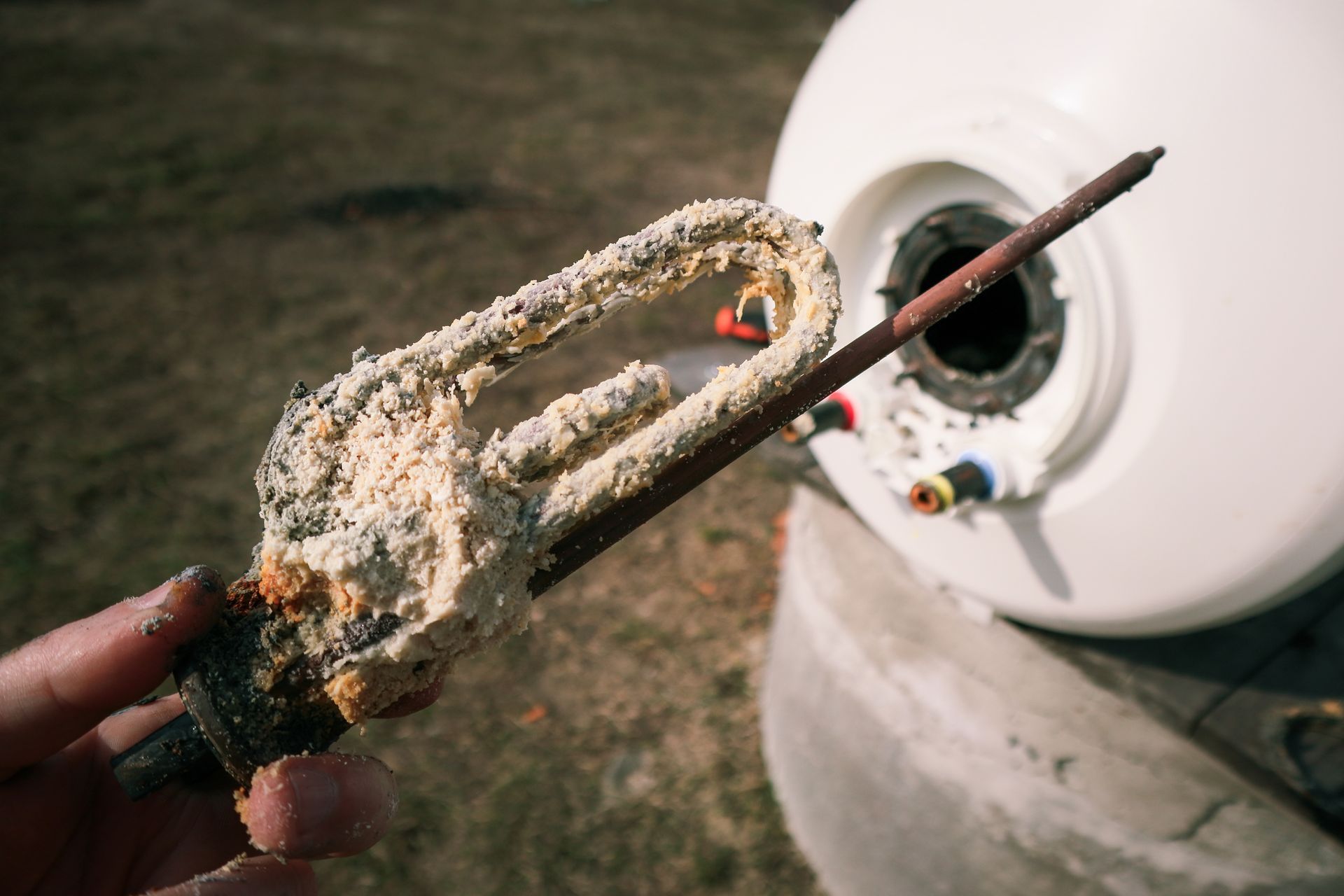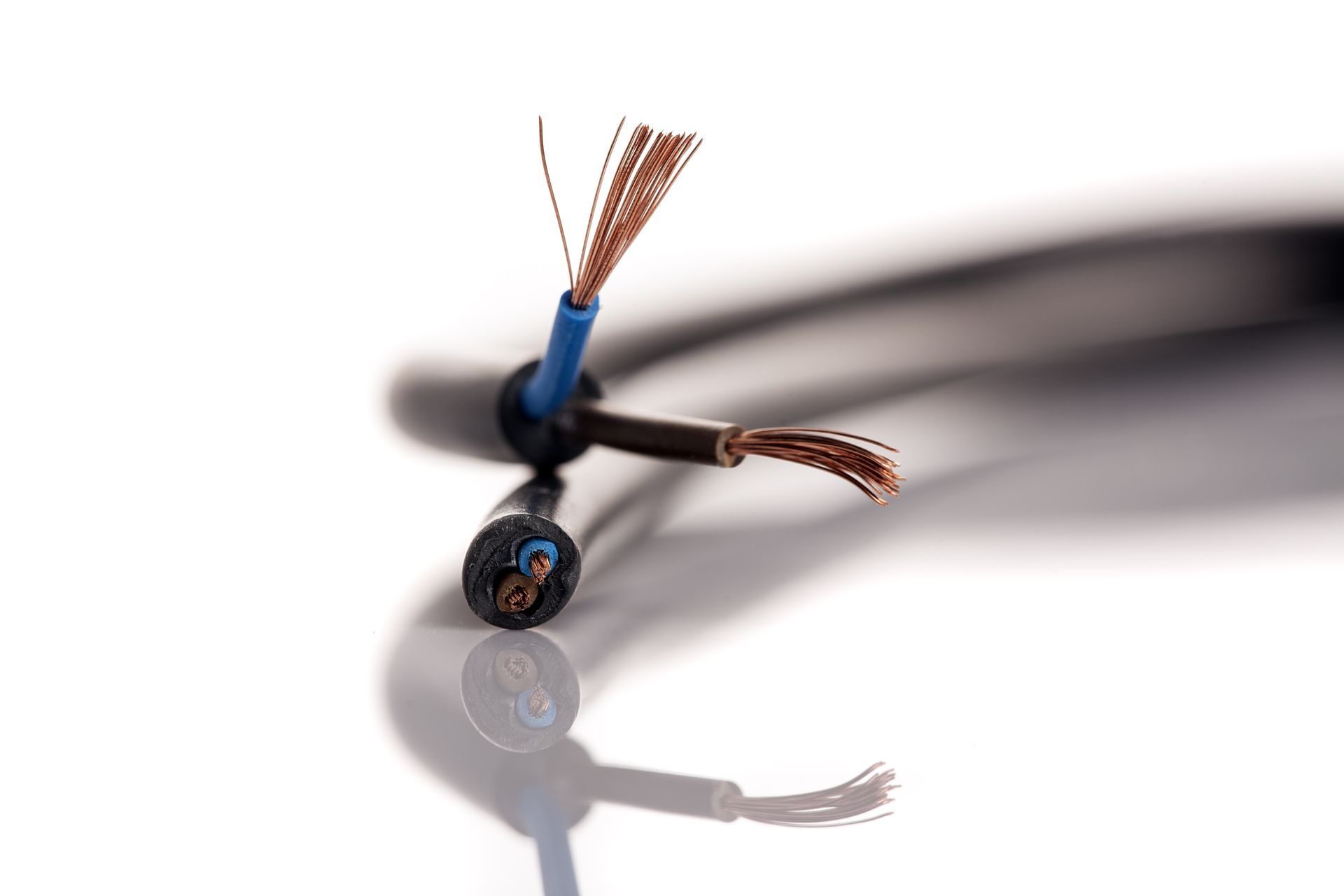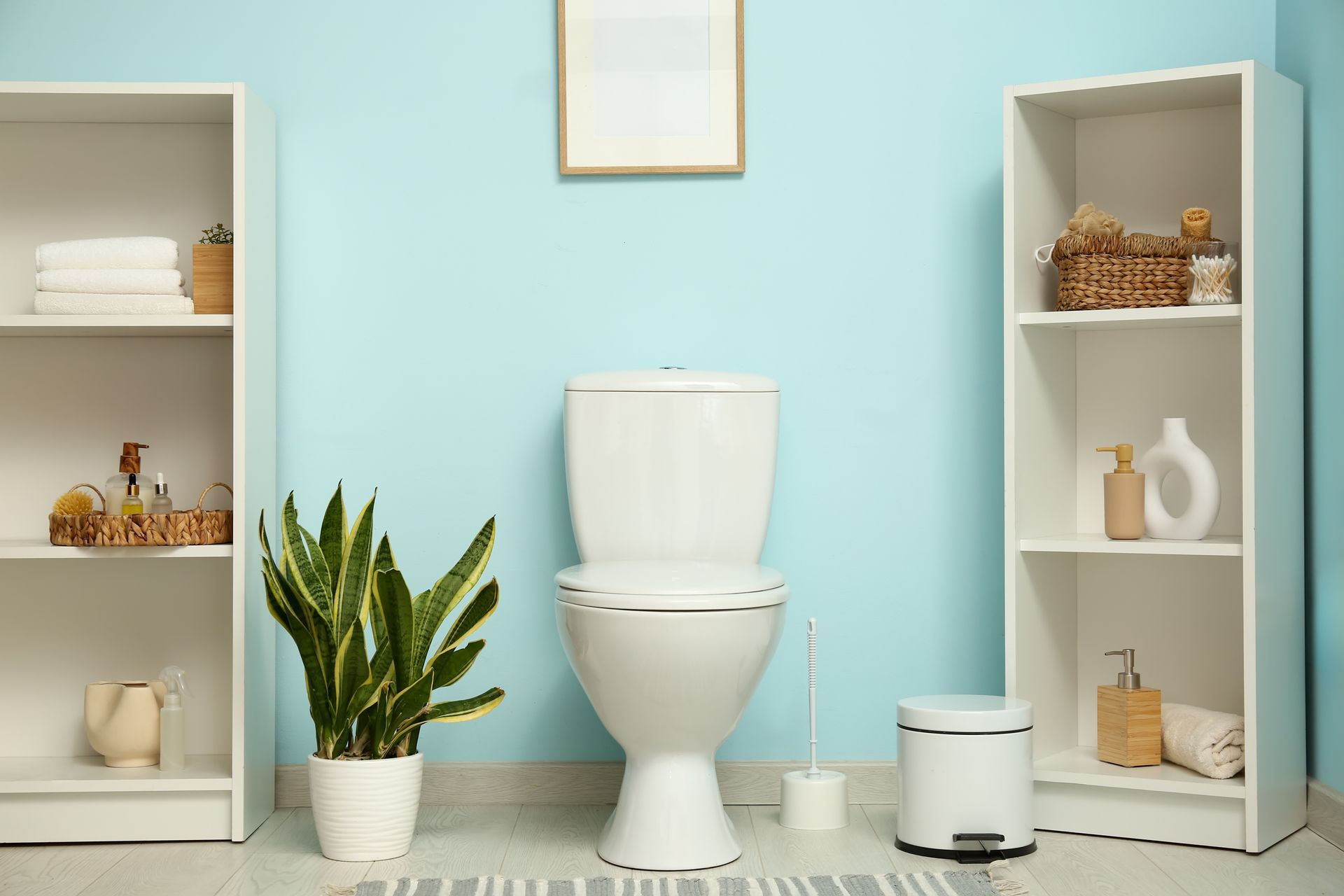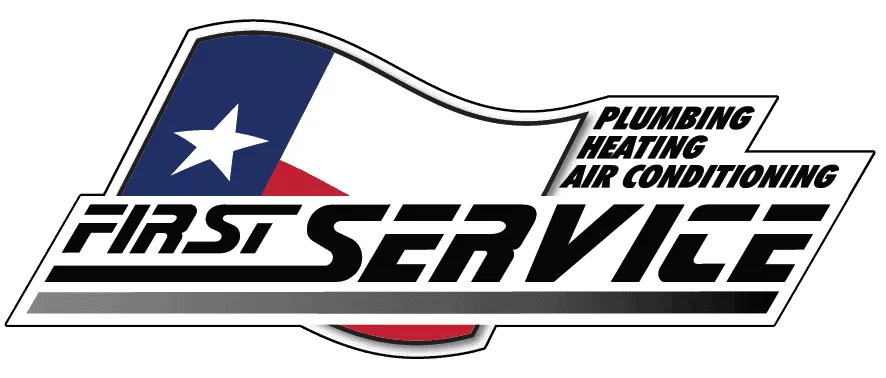Dealing With Drain Flies? Here’s 6 Solutions for TX Homeowners
As summer temperatures rise in Texas, it’s not uncommon for flies to make their way inside your home. The intense heat and humidity make it easier for them to reproduce, which can lead to unwanted infestations. While flies can be difficult to remove, it’s not impossible. To help you keep your home free of drain flies, we’ve outlined six effective solutions to maintain a pest-free space all summer long.
#1 Pour Boiling Water Down the Drain
Since drain flies prefer to lay their eggs deep within drain systems, you have to stop them at the source. By pouring hot water down the drain, you can easily kill larvae and eggs without damaging your pipes. Plus, the water will remove old food that remains stuck to the inside of the pipes, making it less attractive to incoming flies. For best results, you may have to repeat the process every couple of days to ensure that their larvae are completely gone.
#2 Use Traps To Get Rid of Drain Flies
Traps are a simple yet effective way to get rid of flies. There are several types of flying insect traps that can be purchased in-store. Most of these traps work by capturing and killing flies. Some use light or smells to attract the flies, while paper strips simply catch them mid-air.
If you’re looking for another approach, you can make your own trap. Apple-cider vinegar traps can be made at home using a jar, dish soap and vinegar. This combination helps to attract and trap unsuspecting flies.
#3 Drain Covers Are a Must
If you’ve successfully tackled your fly problems, it’s recommended that you get a drain cover. These covers can prevent food from going down your sink, making your drains less attractive to incoming flies. This not only prevents future infestations, but it also reduces the likelihood that clogs will develop over time.

#4 Keep Your Sinks Clean and Free of Standing Water
Having a kitchen sink that’s free of old food debris can significantly reduce the presence of flies in your home. Decaying food serves as both a food source and a breeding ground, making it an ideal environment for flies. Similarly, excess moisture can attract flies by providing hydration and a place to lay their eggs. Draining any standing water and regularly wiping down the sink can make it far less inviting to these pests.
#5 Avoid Overwatering Your Indoor Plants
Overwatering isn’t just bad for your plant’s health, but it can also attract flies. Damp soil, excess moisture and decaying plants can create the perfect breeding ground for flies.To avoid a possible infestation, it’s especially important to make sure that you’re giving your plants adequate water without making them a haven for pests.
If you’re concerned about overwatering, try using a well-draining pot, which allows for extra water to escape. Keeping your plants free of dead leaves can also reduce the risk of flies. These methods not only keep your living space free from flies, but they also improve the health of your plants.
#6 Get Your Drains Professionally Cleaned
If you suspect that your drains are infested, it’s recommended that you get your drains professionally cleaned. Having a plumber deep-clean your drains can eliminate breeding grounds and remove old debris that’s serving as a food source.
During the cleaning, plumbers can also inspect your system for clogs and leaks, which harbor dead material and moisture. This not only keeps flies from coming back but also helps plumbers detect small problems before they worsen over time, which saves you time and money that would’ve been spent on future repairs.

Need Your Drains Cleaned? First Service Has Got You Covered!
Are you a homeowner looking to get your drains cleaned? Our team at First Service can help! Located in Midland, we’ve provided our neighbors with reliable plumbing solutions for over 73 years.
Whether you're dealing with flies, a clogged drain or simply want peace of mind, we’ll provide long-lasting results that you can count on. Get started today by calling our team at 432-302-6957. For more information about our other services, including residential and commercial HVAC, click the link
here.
